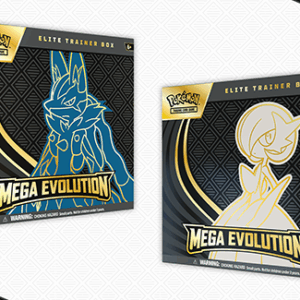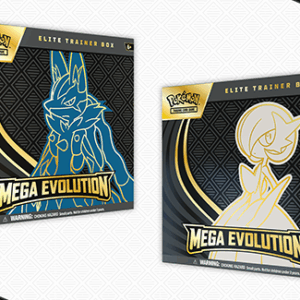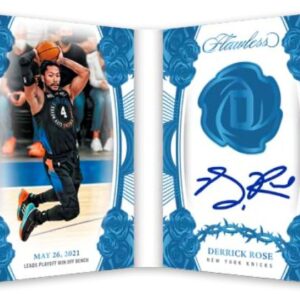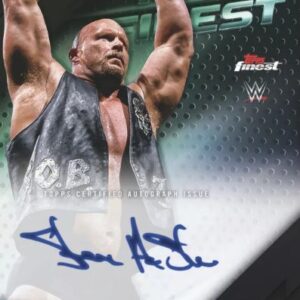In the quaint yet unsuspecting town of Westfield, Indiana, a shocking revelation has surfaced, threatening to turn the world of sports memorabilia on its head. At the heart of this scandal is Brett Lemieux, the infamous autograph dealer whose name is now synonymous with what could be one of the biggest counterfeit operations in sports history. As authorities close in, the true scale of this scheme—clandestine, intricate, and audacious in its ambition—is finally coming to light.
Brett Lemieux, aged 45, became the latest subject in an investigation that reads like a thriller from the pen of a master crime novelist. Upon the Westfield police’s arrival to enact a search warrant at his premises, Lemieux’s life reached a tragic denouement under circumstances both dramatic and sorrowful—a self-inflicted gunshot wound, concluding his colorful yet controversial chapter in the memorabilia industry.
The saga unfurled after a digital confession believed to be from Lemieux appeared in none other than the “Autographs 101” Facebook group—a gathering place for autograph aficionados. With a stunning candor rarely seen in the world of deception, his words laid bare a sprawling fraudulent operation that had reportedly introduced more than four million counterfeit sports items into eager collectors’ hands. A confession that reverberated like thunder, causing collectors to clamor in doubt and fear over the value and authenticity of their prized possessions.
Lemieux was not just a lone actor in this deception; he was noted under the moniker “Mister Mancave,” a business purporting to possess the largest inventory of framed sports jerseys on the web. Although ostensibly stationed at an address in Columbus, Ohio, Mister Mancave’s physical presence was as elusive as the authenticity of its merchandise.
In his alleged confession, Lemieux detailed the sophistication of his forgery, particularly his skill in replicating hologram stickers—emblems of trust for major authentication companies encompassing Panini, Fanatics, and Tri-Star, among others. He claimed that following the untimely passing of basketball luminary Kobe Bryant in 2020, he unleashed an astonishing 80,000 imitation Bryant items into circulation, each adorned with seemingly genuine authentication holograms.
The deception spanned various sports. From baseball, for instance, Lemieux’s online offerings included a suspiciously underpriced Aaron Judge-signed baseball, complete with a Fanatics hologram, which retailed at an eyebrow-raising $399. For comparison, Fanatics themselves priced it at $699. Such bargains tempted the trusting but camouflaged the sinister reality of forged stickers that slid by undetected for so long.
Now, facing the aftermath, industry giants like Fanatics are rushing to mend the ruptured trust. Fanatics insists it pre-emptively advanced its hologram technology a couple of years ago, precisely to deter such fraudulent activities. Collaborating with law enforcement and seasoned fraud experts—including veterans from the FBI—the company is committed to restoring authenticity within collectors’ circles.
Despite skepticism regarding Lemieux’s hyperbolic claim of $350 million in counterfeited merchandise sales—a figure one competitor dismissed as fantastical—the debacle’s fallout is undeniable. Steve Grad, a luminary in autograph authentication, remarked on the cunning of modern forgeries and autopen technologies, foreseeing ripples of disruption throughout the memorabilia community for years.
The enterprise of deception, however, seemed brazenly unchallenged to some observers. As one dealer reported noticing sports autographs by athletes long absentee from signing sessions, others were named in Lemieux’s self-proclaimed “manifesto” as potential associates. Individuals like Indiana dealer Dominique Ball and Wisconsin’s Nickolas Litscher vociferously disassociate themselves, with some, like Litscher, seeking legal pathways to clear besmirched reputations.
With a network believed to thread through various business aliases — Ultimate Sports, Athletes One, Signature Dog, and All-American Authentics — the investigation portrays Lemieux’s brainchild as a sophisticated, multi-faceted machinery pumping counterfeit goods across several platforms and states.
The facts before us sketch a cautionary tableau for a market in disarray, grappling with recovered legitimacy. For collectors, this serves as a harsh tutorial on diligence and the imperative for authorities and industry stewards to forever innovate vigilance and the art of distinguishing truth from illusion. Henceforth, the landscape of sports memorabilia will bear the lessons of this somber chapter, teaching aficionados both old and new the wary eye of discernment in pursuit of authentic glory.






